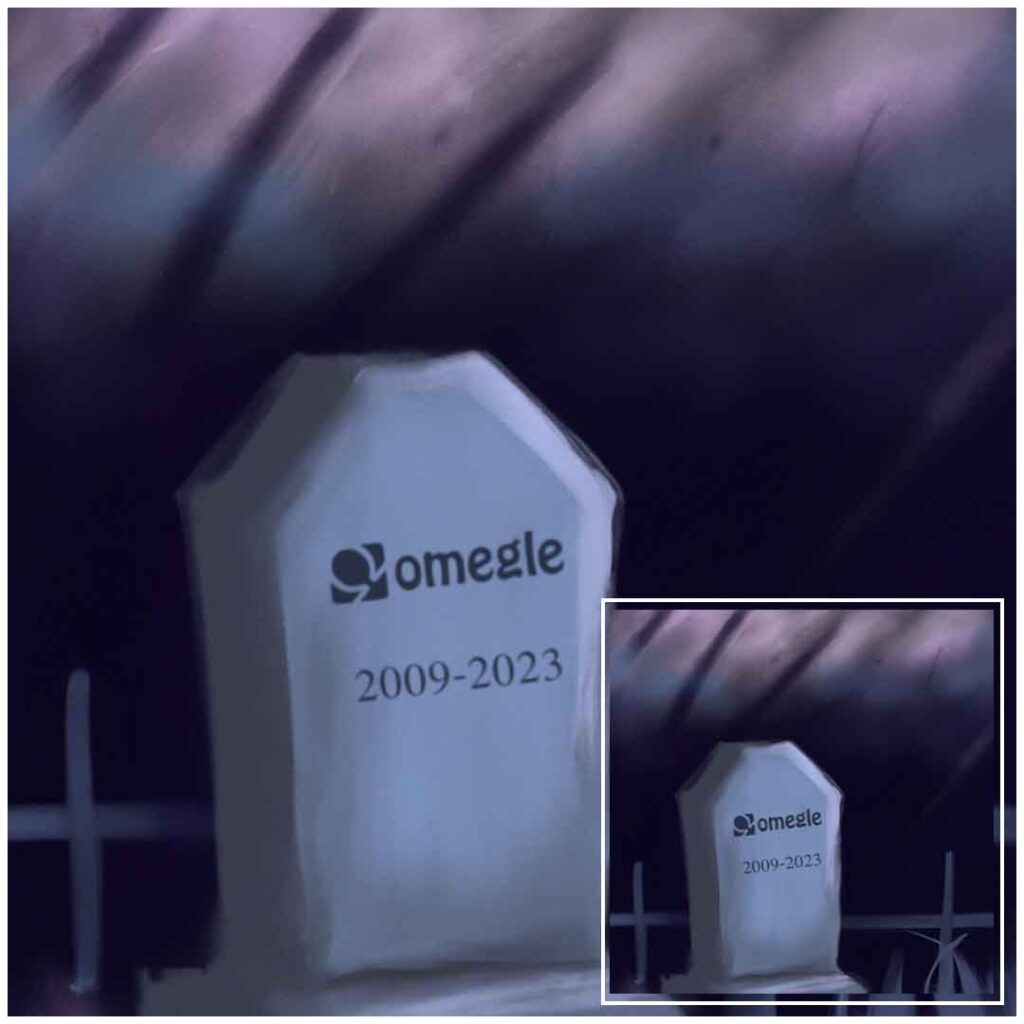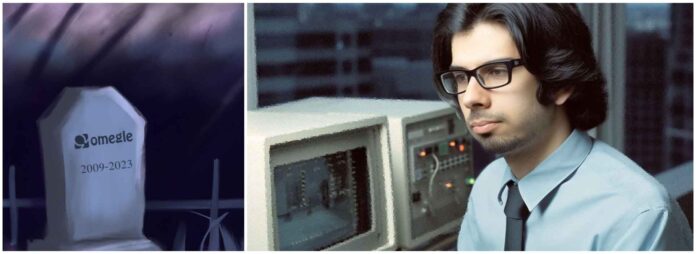Omegle, the iconic and controversial online platform that has been connecting strangers around the world for the past 14 years, is coming to an end. The news of Omegle’s shutdown marks the end of an era in the world of online chatting and video interactions. The founder, Leif K-Brooks, has decided to pull the plug on this once wildly popular platform, leaving many users and enthusiasts in a state of nostalgia and reflection.

For those unfamiliar with Omegle, it was a website that allowed individuals to engage in random video chats and text conversations with complete strangers. The concept was simple but intriguing — users could anonymously connect with others from all corners of the globe, discussing a wide range of topics or just passing the time in idle conversation. Omegle was one of the pioneers of the random chat phenomenon and played a significant role in shaping online social interactions.
Over the years, Omegle had its fair share of controversies and challenges. The anonymity it offered led to a mixed bag of experiences. Some users found meaningful connections and friendships, while others encountered inappropriate or even harmful interactions. The platform became notorious for its lack of moderation, which allowed for explicit content, harassment, and various other issues to persist.
Leif K-Brooks, the visionary behind Omegle, has chosen to shut down the platform at this juncture, ending its long and impactful run. It’s a decision that has undoubtedly left many pondering the reasons behind this move.
K-Brooks, in his full statement regarding the shutdown, might provide more insights into the factors influencing this decision. His statement could shed light on the challenges Omegle has faced, from concerns over user safety and privacy to the difficulty of maintaining a platform that largely relies on anonymity. It could also address the changing landscape of online communication and the rise of alternative social networking and chat platforms.

The end of Omegle does mark a shift in the digital age of communication. It raises questions about the future of online interaction and the responsibility that comes with creating and maintaining platforms that encourage strangers to engage with each other. In an era where privacy, security, and content moderation are paramount, the decision to close Omegle might be seen as a step towards addressing these concerns.
For many users who have cherished Omegle as a place to meet new people, share stories, or simply have fun conversations, this shutdown is bittersweet. It marks the end of a unique and memorable chapter in their online experiences.
It’s also worth considering the broader implications of this decision. Omegle was not just a platform for casual chatting; it had cultural significance as well. It was a place where people from different backgrounds and cultures could connect, bridging gaps and fostering a sense of global community. The shutdown of such a platform, which had millions of users around the world, leaves a void in the online social landscape.
In a world that is increasingly interconnected through digital means, the end of Omegle reminds us of the transient nature of online platforms. What was once a popular and pioneering space for connecting strangers has now closed its doors, making way for new and evolving ways of online interaction.
As we bid farewell to Omegle, it’s a time to reflect on the past 14 years of its existence. The platform left an indelible mark on the history of online communication, and its legacy will live on in the memories of those who found friendship, fun, and even life-changing moments in the unpredictable world of random online encounters. While the Omegle era may be ending, it opens the door to new possibilities in the ever-evolving landscape of digital interaction.






















